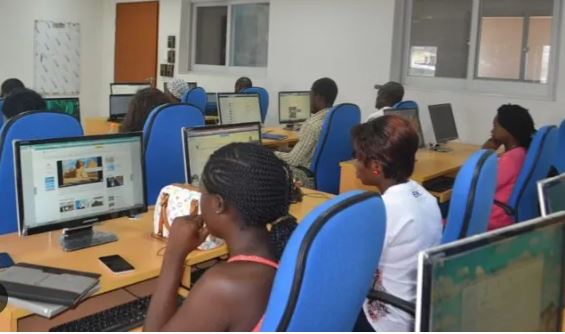How Tanzania empowers women in digital age
Thu Mar 09, 2023
THE government has pledged to continue empowering women and girls so that they play an active role in the digital world.
It said the move will boost the efforts towards attaining gender equality in development.
Minister for Community Development, Gender, Women and Special groups, Dr Dorothy Gwajima, said yesterday as Tanzania joins the rest of the world to mark the International Women’s Day today, the government in collaboration with stakeholders will put more emphasis on stimulating inclusive technology, innovation and provision of education to attain gender equality.
The minister said basing on this year’s theme “Innovation and Technological Change: A Catalyst for Attaining Gender Equality” the government will continue to take various steps to enable more women to benefit from digital technology.
She identified steps being taken by the sixth phase government under President Samia Suluhu Hassan to enable more women to use digital services including establishment of women’s empowerment forums.
Dr Gwajima said that by February this year 17 regions had already formed the forums.
“The provision of soft loans to women entrepreneurs has also increased from 3.39bn/- which was given to 2,225 groups in 2015/16 to 111.03bn/- that benefited 34,502 groups with a total of 996,087 of them being women in 2021/22 financial year,” Dr Gwajima said.
She added that, a total of 21,546 women entrepreneurs from 26 regions in Mainland have benefited from 78.6bn/- provided as soft loans between 2018/2019 and April 30 last year through Tanzania Postal Bank currently Tanzania Commercial Bank.
She noted that, digital financial services in the country have been strengthened and can be accessed by women in both rural and urban areas.
“Statistics indicate that 99 per cent of adults including women in Tanzania are aware of digital financial services through their mobile phones, where 45 per cent use the services effectively,” Dr Gwajima said.
She acknowledged the contribution by the Commission for Science and Technology (COSTECH) in promoting digital finance.
The Minister further said that, the government has been using its institutions such as Small Industries Development Organisation (SIDO), Tanzania Bureau of Standards (TBS), Tanzania Medicines and Medical Devices Authority (TMDA) to empower women in technology, innovation and skills to meet market standards.
Dr Gwajima said the Empowerment through Skills Program (ESP) have strengthened alternative ways of education, employment and entrepreneurship to women and adolescent girls by working with Folk Development Colleges (FDCs) and Community Based Organisations (CBOs) in 12 regions in the country.
The government has also put emphasis on encouraging more girls to study Science, Technology, Engineering and Mathematics (STEM) which is implemented in line with the construction of 26 girls’ secondary schools in the country, she said.
“The Ministry of Education Science and Technology has included ICT in teaching and learning…in 2020 a total of 1,347 trainers were trained including 893 men and 454 women,” Dr Gwajima said.
She said the government in collaboration with its stakeholders will continue to strengthen implementation of women empowerment programmes not only economically, but also on how to use digital technology.
The Minister added that, the government will continue to work on barriers facing women while using digital technology.
She said that the Commission on the Status of Women (CSW67) indicates that women are not benefiting effectively from the digital technology especially in low income countries whereby 76 per cent of its people have mobile phone with internet access but only 25 per cent of them use the service of who 52 per cent are men while women are very few.
Statistics indicate that in 2022 63 per cent of women globally used internet compared to 69 per cent of men, while the capability of women to own mobile phone was low by 12 per cent compared to men.
The commission further identified some of the factors which bar women from using internet as failure to afford the cost, lack of reading and writing skills, privacy and safety, insufficient content, unreliable power, traditions and customs.


Write Your Comments